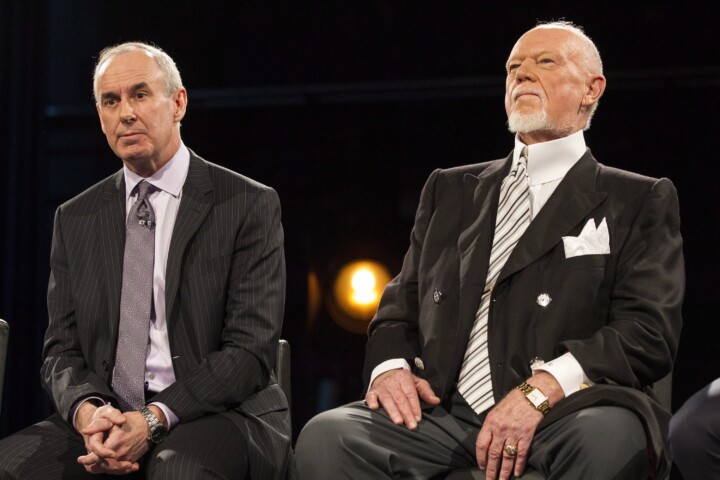In The Weekly Wrap, Sean Speer, our editor-at-large, analyses for Hub subscribers the big stories shaping politics, policy, and the economy in the week that was.
Carney’s coalition got him elected, but will it let him govern?
Prime Minister Mark Carney’s post-election press conference on Friday morning was the first opportunity to obtain an answer to the key question: what will be the centre of gravity of his government?
We didn’t get a definitive answer during the campaign. Carney himself was characterized by some as a centrist by virtue of his economic credentials and his reversals of his predecessor’s controversial taxes on carbon and capital gains taxes. But he also consolidated the political Left (including absorbing roughly half of traditional NDP support) in part by virtue of his past views on climate change and the energy transition, as well as a latent anti-Americanism and ambivalence towards Israel.
Carney’s political ambidexterity enabled him to construct a broad coalition that extended from Bay Street capitalists to left-wing social activists. As an electoral strategy, it has proven highly successful. As a basis for governing, however, there are outstanding questions.
- How far, for instance, will he push his climate views, including the idea that most—indeed, as much as 80 percent—of Canada’s fossil fuel reserves should go undeveloped and remain in the ground?
- How will he handle the China question, especially given the Liberal Party’s proximity to pro-CCP politics?
- Is he really prepared to cut as much as $13 billion from current program spending? Or will he cave to progressive pressures on the size and scope of government?
- What about immigration? Will the Liberals be chastened by the massive immigration over the past decade, or did they slow down the tap only to turn it back on after the election?
- How will they solve for the indissoluble question of Canada’s relationship to Israel and a post-Hamas Gaza? Will he succumb to the radicals within his own caucus on this issue?
- Will he have to nod to Trudeau-era identity politics, or will his supporters accept his greater focus on economic materialism?
- And, of course, what sort of compromises is Carney prepared to make to secure a deal with the Trump administration, notwithstanding the anti-American fervour of his supporters?
How Carney answers these questions (and others like them) will ultimately tell us what type of politician he is and what kind of government he’ll run.
Which brings us back to Friday’s press conference. It was notably impressive. Carney was in command. His business-like seriousness contrasted well with Prime Minister Trudeau’s more performative leadership style.









